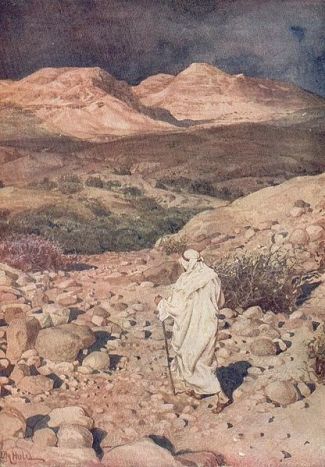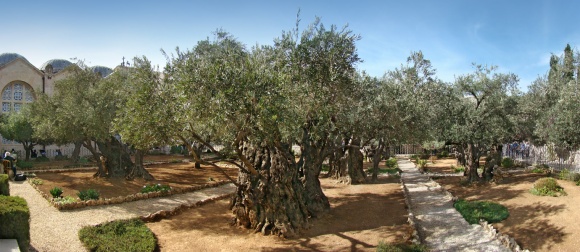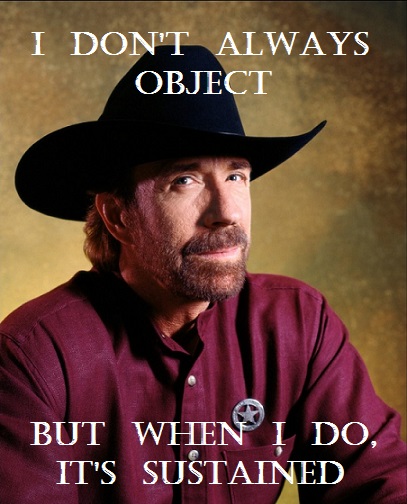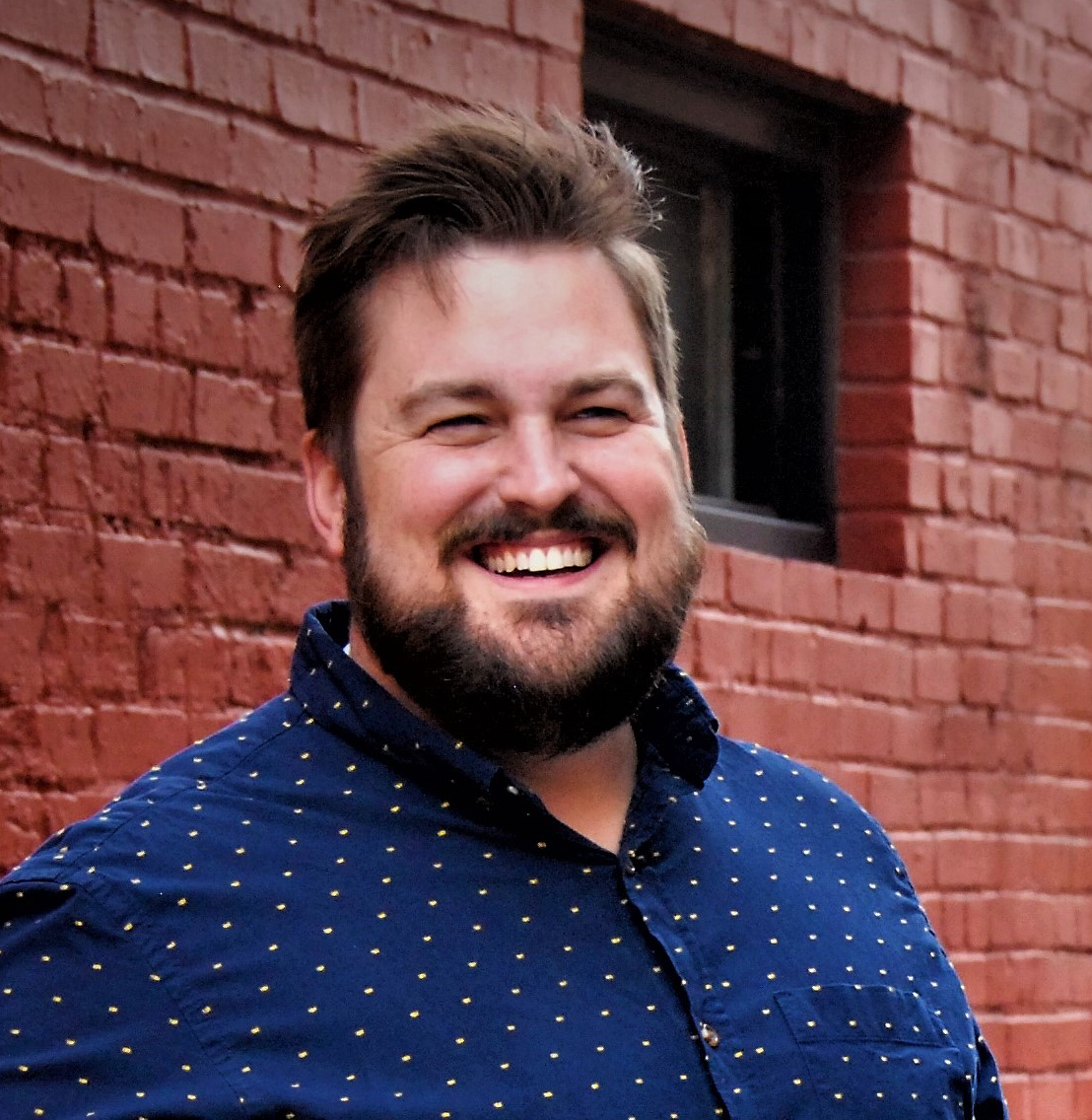(Guest post by Julie McMullen)

We are officially beginning the season of Lent. At Storyline we join together through daily prayer as a community. Each week we will have a different leader & some topics we don’t want to miss praying about. To go along with our times of prayer we will post a weekly theme on the Storyline blog to encourage our prayers. This week’s theme is Preparation.
Wednesday, March 1, 2017
Read Luke 3:21-22; 4:1-15
Jesus is baptized and immediately goes to the wilderness, fasting for 40 days and 40 nights. He was led by the Spirit. Luke 4:1 says “he was tempted for 40 days.” Let’s just think about this for a minute – a desert (which means heat without relief, or maybe scorching days & cold nights), NO FOOD, and frequent meetups with the devil tempting him with desirable things. This seems like a cruel thing for God & the Spirit to do to Jesus. The Bible doesn’t include any of his conversations he had with God during that desert time, but we can draw conclusions on the importance of what happened here based on how Jesus responded to Satan & what he was like after this experience. The tempter comes at him with temptation that includes a hook or a nugget of truth in each one…but Jesus doesn’t take the bait, he responds with a focused answer, with what is really true. He does not waiver.
After the temptation, Luke 4:14-15 says, “Jesus returned to Galilee in the power of the Spirit, and news about him spread through the whole countryside. He taught in their synagogues, and everyone praised him.” In the desert, Jesus had removed himself from distractions, given God time and himself. And God did something…God filled him up & prepared him. He was “in the power of the Spirit.” He went on to call the disciples, teach, preach the good news of the kingdom, heal every disease and sickness among the people. I’m in awe of Jesus and this mysterious Spirit. And I have to say that even though I’m slightly terrified of it, I want this. I want to live IN THE POWER OF THE SPIRIT, to walk in his confidence, his authority, his freedom, his plan & his love. I want this kind of life for Storyline, I want this kind of life for all believers, I want this kind of life for all people in God’s creation. And I think the first step is joining Jesus in the desert, giving up distracting things; even giving up some essentials to make space for God, to make space for the Spirit.
So we prepare, we not only make room, but say we want nothing else to fill that space but God. Father, lead us by your Spirit. May the Spirit open us up to you in a way that hasn’t happened before. Prepare us Father. Those things that we are holding onto for dear life, give us courage to let go, to give them to you,
Questions for thought & prayer…
- What is cluttering your calendar, life, or mind?
- What are you holding onto tightly?
- What will you let go of during this season of Lent?












